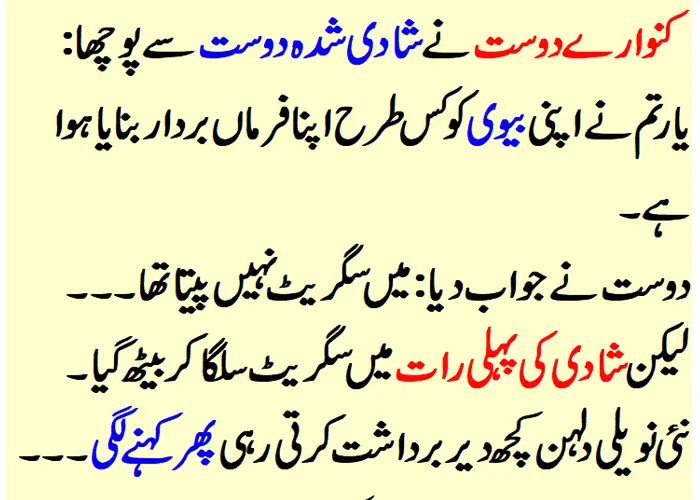
Are you tired of that uncomfortable, bloated feeling after every meal? You’re not alone. Many people face this issue due to various reasons like overeating, not chewing food properly, or making unhealthy choices during meals. But fret not, as we have some practical solutions that can help you bid farewell to bloating and embrace a healthier gut.
Take a Short Walk After Eating: One of the simplest and most effective ways to combat bloating is to take a short stroll after your meal. Ideally, a 10-minute walk is recommended, but if you’re short on time, even 5 minutes can make a difference. You don’t need to head to a park; you can simply walk around your home.
The key is to take slow, leisurely steps. This helps regulate your blood sugar levels, aids in faster digestion and prevents that uncomfortable fullness.
Chew Your Food Well
Do you find yourself distracted by TV or your phone while eating? If so, you might not be chewing your food properly. Inadequate chewing can put unnecessary stress on your stomach, leading to bloating and discomfort. Be mindful of how many times you chew each bite and aim for at least 32 chews per mouthful. Eating slowly and mindfully can work wonders for your digestion.
Try Fennel Seeds
Ever wondered why restaurants often offer a bowl of fennel seeds after a meal? These little seeds not only freshen your breath but also aid digestion. Fennel seeds contain essential oils that stimulate the production of digestive enzymes in your stomach and soothe your gastrointestinal tract. So, don’t hesitate to chew on some fennel seeds post-meal.
Give Cumin Tea a Try
Cumin is a fantastic option for those who frequently experience bloating. If you’re dealing with pitta imbalance, Cumin Tea can help restore equilibrium. To make it, simply boil 1 tsp of cumin seeds in 1 cup of water for 5 minutes, strain, and enjoy it warm. Cumin Tea can help control gas, a common culprit behind bloating, providing relief and comfort.
Skip the Soda
Drinking cold, sugary sodas during meals can be a recipe for a bloating disaster. These beverages not only introduce excess air into your stomach while you’re eating but also react with your food, potentially leading to stomachaches. The carbon dioxide in sodas creates fizzy bubbles that can become trapped in your stomach, causing uncomfortable bloating. Opt for water or other non-carbonated, sugar-free alternatives instead.
Control How Much You Eat
If overeating, especially your favorite dishes, is a challenge for you, consider practicing portion control. During meals, aim to eat only 80% of your hunger. This mindful approach reduces the burden on your stomach and can help you bid farewell to bloating for good.
FAQs:
Q: Is bloating after meals a sign of a serious health problem?
A: While occasional bloating is usually harmless and can be attributed to factors like overeating or eating too quickly, persistent or severe bloating could indicate an underlying health issue such as irritable bowel syndrome (IBS), celiac disease, or food intolerances. If you’re experiencing frequent or debilitating bloating along with other symptoms like abdominal pain, diarrhea, or weight loss, It’s important to talk to a doctor to get the right diagnosis and treatment.
Q: Can certain food intolerances contribute to post-meal bloating?
A: Yes, certain food intolerances, such as lactose intolerance or gluten intolerance, can contribute to bloating after meals. When your body has difficulty digesting specific foods, it can lead to gas production and bloating. Keeping a food diary and paying attention to how your body reacts to different foods can help identify potential triggers and manage bloating associated with food intolerances.
Q: Are there any lifestyle habits that might exacerbate bloating after meals?
A: Yes, several lifestyle habits can exacerbate bloating after meals. Eating too quickly, drinking through a straw, chewing gum, smoking, and consuming carbonated beverages are all habits that can introduce excess air into the digestive system, leading to bloating. Additionally, high-sodium diets, lack of physical activity, and chronic stress can also contribute to digestive discomfort and bloating.
Q: Can certain medications contribute to bloating after eating?
A: Yes, some medications can contribute to bloating as a side effect. For example, certain pain medications, antibiotics, and supplements may disrupt the balance of bacteria in the gut, leading to bloating and gastrointestinal discomfort.
Q: Are there any underlying medical conditions that can cause bloating after meals?
A: Yes, several underlying medical conditions can cause bloating after meals, including gastroesophageal reflux disease (GERD), gastroparesis, inflammatory bowel disease (IBD), and pancreatic insufficiency. These conditions affect digestion and can lead to symptoms such as bloating, abdominal pain, and discomfort after eating. If you’re experiencing persistent bloating along with other concerning symptoms, it’s crucial to seek medical evaluation to rule out any underlying medical conditions and receive appropriate treatment.
In conclusion, bloating after meals is a common issue, but with these straightforward tips, you can take control of your digestive comfort. Incorporate these practices into your daily routine, and you’ll be on your way to enjoying meals without the discomfort of bloating. Say hello to a healthier and happier gut!





